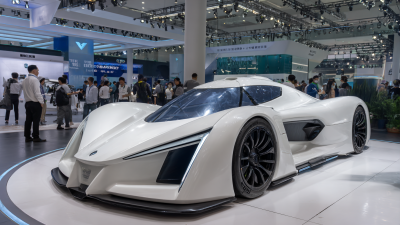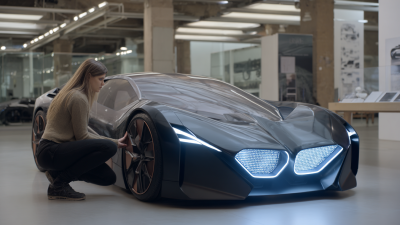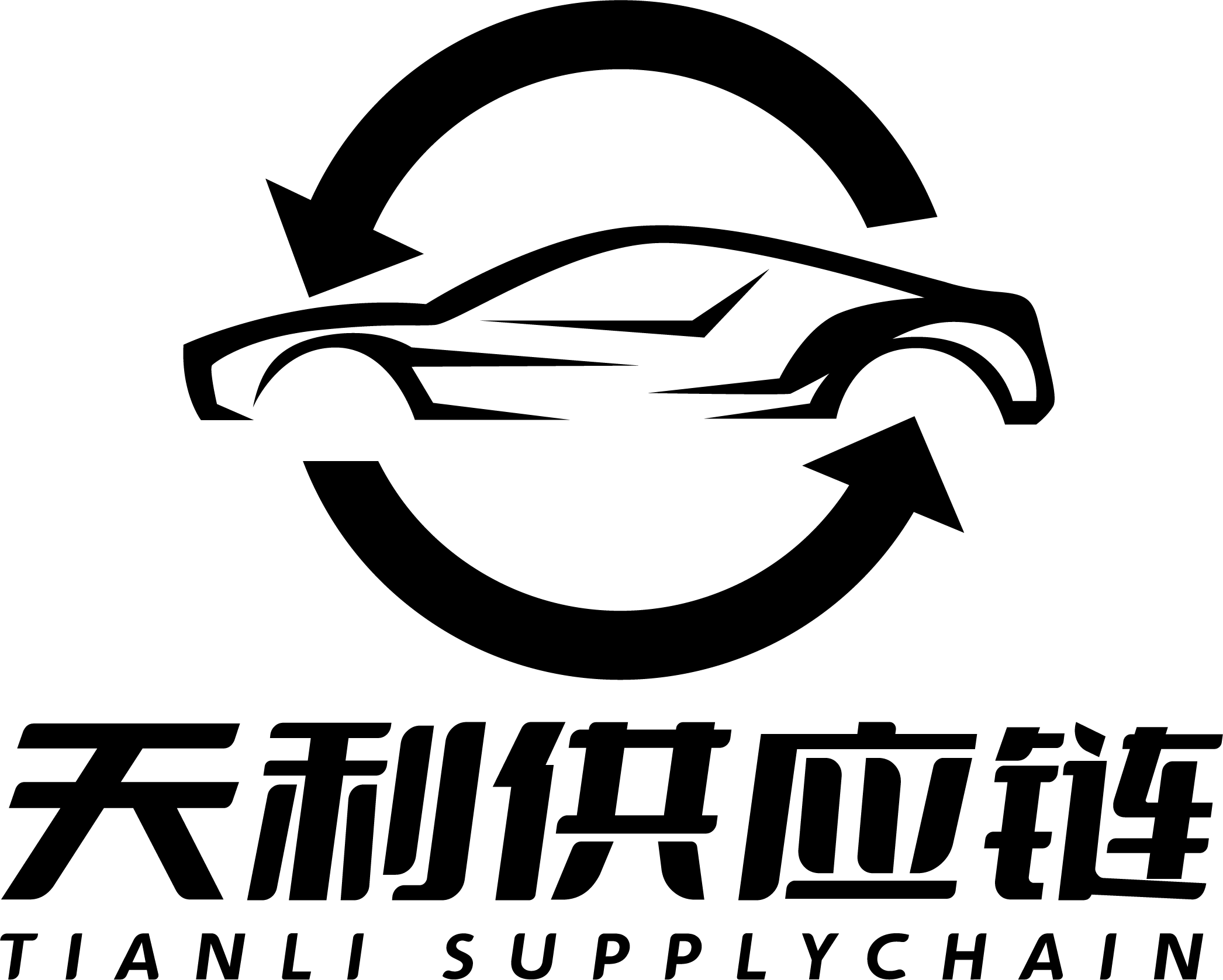The automotive industry is undergoing a transformative shift as hybrid vehicles gain traction in the market, driven by growing environmental concerns and advancements in technology. According to a report from the International Energy Agency (IEA), hybrid electric vehicles (HEVs) accounted for approximately 20% of new car sales in 2022, highlighting a significant rise in consumer adoption. This considerable growth is attributed to enhancements in battery technology, emission regulations, and a broader understanding of the long-term economic benefits of hybrid vehicles. As cities around the world implement stricter air quality standards, the integration of sustainable technologies in transportation is becoming increasingly critical. Hybrid vehicles represent a pivotal solution, enabling consumers to reduce their carbon footprint while maintaining convenience and performance. As we explore the evolution and impact of hybrid vehicles, it becomes clear that their role in shaping the future of sustainable transportation is not only significant but essential.
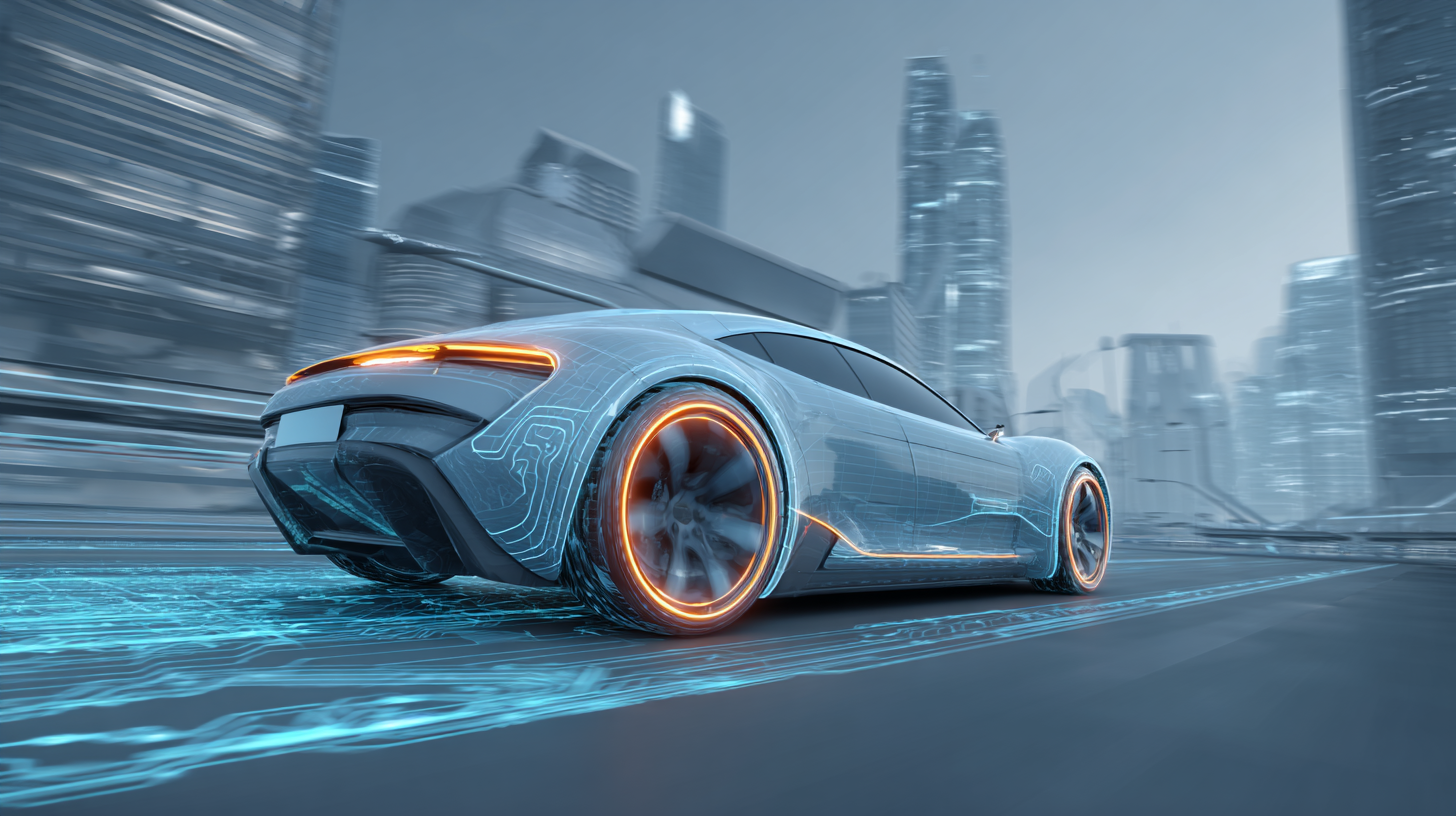
The evolution of hybrid vehicles marks a significant technological revolution in the automotive industry, characterized by the integration of internal combustion engines with electric propulsion systems. This innovation has emerged as a response to the growing demand for sustainable transportation solutions that reduce greenhouse gas emissions and enhance fuel efficiency. Early models, such as the Toyota Prius, paved the way for more sophisticated designs, showcasing how hybrid technology can balance performance with eco-friendliness. As automakers continue to invest in research and development, hybrid vehicles have progressively evolved, incorporating advanced battery technologies, regenerative braking systems, and real-time energy management features.
Furthermore, the rise of hybrid vehicles is not just about combining two power sources; it represents a broader shift toward smart mobility. With the integration of cutting-edge technologies such as artificial intelligence and connectivity, modern hybrids are becoming increasingly autonomous and capable of adapting to various driving conditions. This technological revolution not only enhances the driving experience but also contributes to an overall reduction in urban congestion and pollution. As consumers become more environmentally conscious, the hybrid vehicle's role in shaping the future of transportation continues to grow, positioning it as a key player in the quest for a sustainable automotive landscape.
Hybrid vehicles are increasingly recognized as a practical solution for sustainable transportation, striking a balance between traditional gasoline engines and fully electric vehicles (EVs). The proliferation of plug-in hybrid electric vehicles (PHEVs) demonstrates their utility in bridging the gap toward full electrification. According to recent reports, hybrid car sales are surging in various regions, propelled by financing options, technological advancements, and corporate environmental, social, and governance (ESG) goals. This transition is particularly evident in Mexico, where a green mobility boom is underway, highlighting the global shift towards more sustainable transport solutions.
Moreover, the benefits of hybrid vehicles extend beyond just emissions reductions. Research indicates that while the production of electric vehicle batteries can be carbon-intensive, hybrids provide a more immediate and less impactful alternative for consumers. Studies suggest that PHEVs deliver nearly double the fuel economy of conventional gas-powered cars, making them a compelling choice for environmentally conscious drivers. Additionally, the integration of sustainable transportation initiatives, such as New York's Clean Pass Program, showcases how hybrid and electric vehicles can significantly reduce congestion and improve air quality in urban environments, underscoring their crucial role in the future of transportation.
Government policies play a pivotal role in promoting hybrid technology and accelerating the transition to sustainable transportation. According to a report by the International Energy Agency (IEA), the global sales of hybrid vehicles surged to over 6 million in 2020, primarily due to various government incentives such as tax credits, rebates, and access to carpool lanes. Countries like the United States and Japan have implemented these policies effectively, leading to a significant increase in the adoption of hybrids, which accounted for approximately 5% of total vehicle sales in these markets.
Furthermore, stringent emissions regulations have compelled automakers to invest heavily in hybrid technology. A study by BloombergNEF forecasts that by 2040, hybrids will represent around 25% of new electric vehicle (EV) sales, primarily driven by supportive policies that encourage the development of less carbon-intensive transport options. In Europe, the EU's Green Deal aims to cut greenhouse gas emissions by at least 55% by 2030, further propelling hybrid and electric vehicle innovations. As governments continue to prioritize environmental sustainability, hybrid vehicles are set to play a crucial role in achieving comprehensive climate goals while reshaping the modern transportation landscape.

Consumer perceptions play a crucial role in the adoption of hybrid vehicles as they navigate the evolving landscape of sustainable transportation. Many consumers recognize the environmental benefits associated with hybrids, such as reduced emissions and improved fuel efficiency. This awareness often stems from increased public discourse on climate change and the urgent need for sustainable solutions. However, conflicting information regarding performance, battery life, and costs can lead to hesitancy among potential buyers.
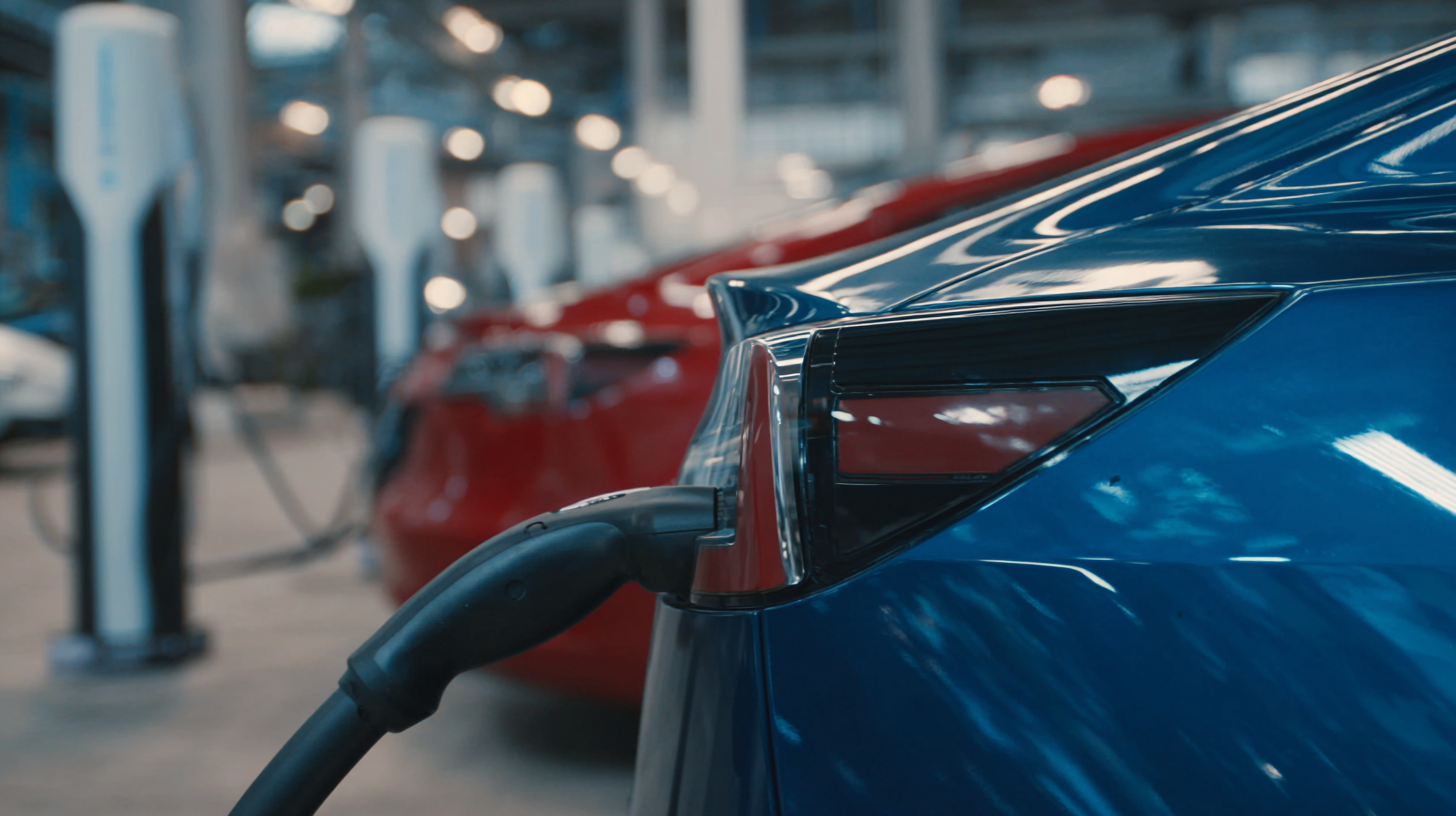
Acceptance of hybrid vehicles is also influenced by consumers' trust in the technology and manufacturers. Positive experiences with current hybrid models, along with effective marketing strategies that highlight their advantages, can significantly shift perceptions. Furthermore, incentive programs, such as tax rebates and government subsidies, can enhance attractiveness and bolster consumer confidence. As automakers continue to innovate and improve hybrid technologies, it is likely that consumer acceptance will increase, paving the way for a more sustainable transportation future.
The automotive industry is undergoing a significant transformation with the rise of hybrid vehicles, driven by innovations that promise to enhance sustainability. By 2025, the market for automotive radiators is projected to be valued at approximately $1495.2 million, with an expected compound annual growth rate (CAGR) of 1.8%, reaching $1296.4 million by 2033. This growth is indicative of the increasing demand for efficient thermal management solutions in hybrid and electric vehicles, as manufacturers seek to optimize performance while minimizing environmental impact.
The fuel tank market is also on an upward trajectory, with an estimated value of $15.1 billion in 2024, and expected to climb to $156.9 billion by 2025. By 2033, this market size is anticipated to reach $211.28 billion. This growth reflects the ongoing advancements in fuel tank technology, which is crucial for enhancing the safety and efficiency of modern vehicles.
Tips: To fully leverage the advancements in hybrid technology, consider investing in research and development to explore alternative fuel sources and innovative materials. Staying ahead of these trends can provide a competitive edge in the evolving automotive market. Furthermore, participating in industry events such as SAECCE can facilitate valuable networking opportunities and insights into the latest technological advancements.
This chart illustrates the increase in market share of hybrid vehicles over the past five years, highlighting key innovations that have contributed to sustainability in transportation.

